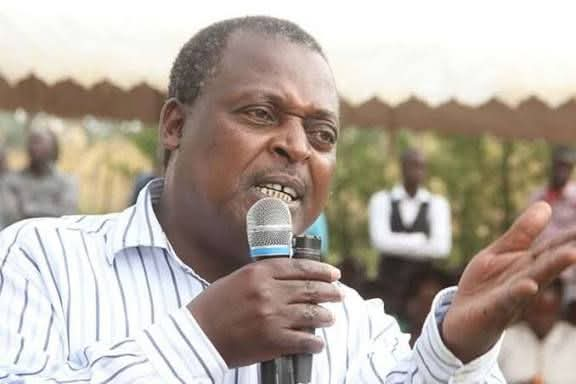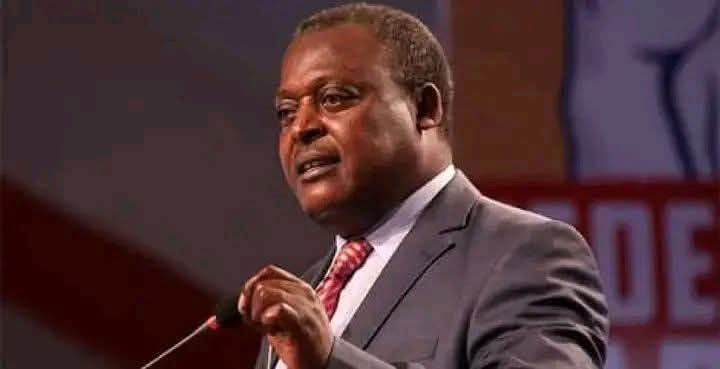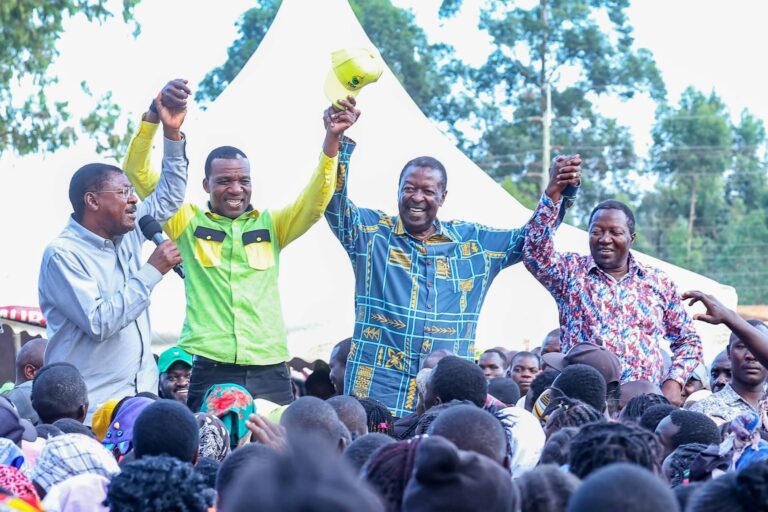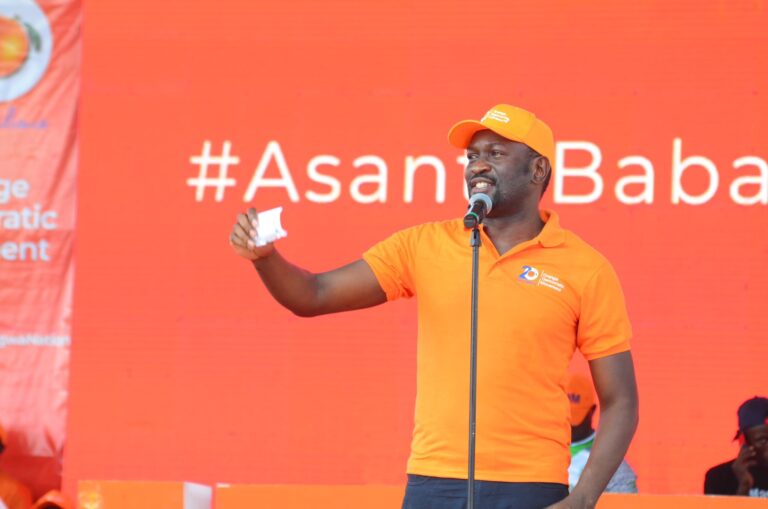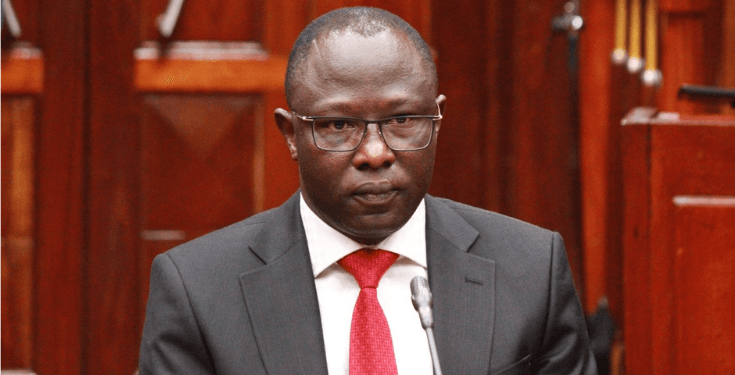
New IEBC Chairperson Erastus Ethekon cleared for swearing in as IEBC chairperson by High Court. Photo: National Assembly X.
High Court Judges Justices Roselyne Aburili, John Chigiti, and Bahati Mwamuye cleared the swearing-in of the new chairperson and six approved Commissioners of the Independent Electoral and Boundaries Commission (IEBC).
On a ruling made on Thursday evening by three judges, they dismissed a petition that challenged the nomination of Erastus Ethekeon Edung as the chairperson, and Ann Njeri Nderitu, Moses Alutalala Mukhwana, Mary Karen Sorobit, Hassan Noor Hassan, Francis Odhiambo Aduol, and Fahima Araphat Abdallah as Commissioners.
The judges ruled that the petition filed by Kelvin Roy Omondi and Boniface Mwangi lacked merit and was not properly founded under Article 22 of the Constitution.
Despite approving their swearing in, the judges nullified the Gazette Notice by President William Ruto on June 10, which approved the appointment of the seven new IEBC officials, and directed a new Gazette Notice to be issued.
According to the Court, the earlier notice defied the Court conservatory orders on May 29, which barred the gazettement and appointment of the nominees, until the case was heard.
“In light of the foregoing, the High Court found that the Petition dated 13th May, 2025 was without merit and should be dismissed, the interim conservatory orders issued on 29th May, 2025 should consequently be discharged, and the Gazette Notices Numbers 7724 and 7725 dated 10th June, 2025 should be quashed,” read the Court ruling.
Shortly after the High Court delivered its ruling, a fresh Gazette Notice dated 10th July, 2025, was issued, with the President formally appointing the seven nominees in compliance with the Court’s directive.
Following the ruling, the new IEBC Chairperson and six commissioners are set to be sworn in before the Chief Justice.
The High Court found that the Petitioners had not proven their case, and therefore, the reliefs sought in the Petition dated 13th May, 2025, could not be granted.
Mwangi and Omondi had argued in their petition that the selection process was unconstitutional, lacked inclusivity, and opinion of the opposition as articulated in the Constitution of Kenya 2010.

